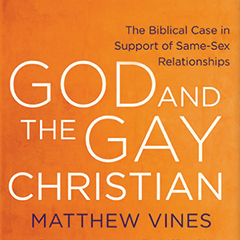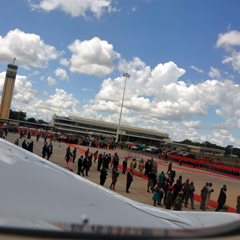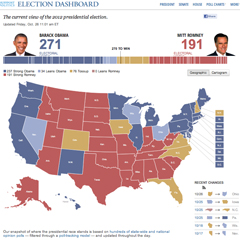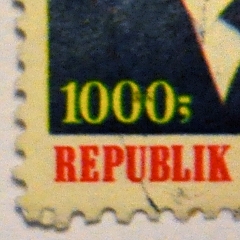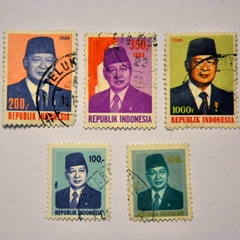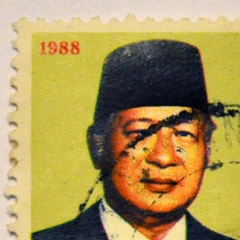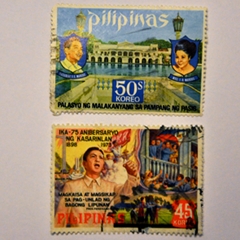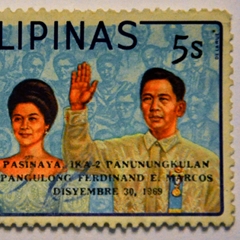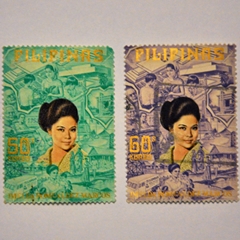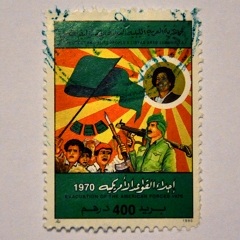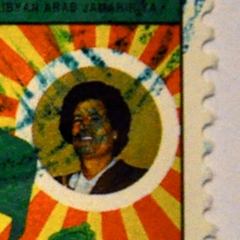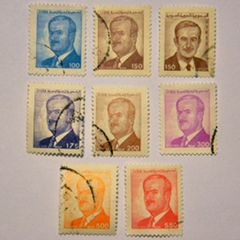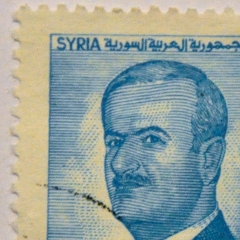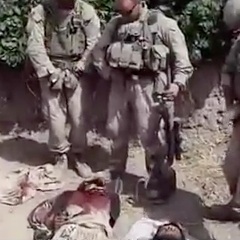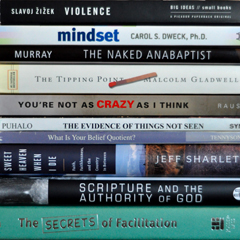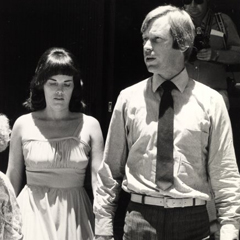
276 years ago a certain François "le jeune" Robichaud (my 6th great grandfather or 8 generations back) marries Marie LeBorgne de Belleisle, a woman of noble French lineage, but also the great-grand-daughter of the Madokawondo, Chief of the Penobscot Tribe. François and Marie escaped the Great Dispersion of Acadians in 1755 with 5 young children. Their son settled on the east coast of New Brunswick where the Robichaud family remains today.
15 generations earlier, one of Marie's ancestors is Louis IX, a Capetian King of France who ruled France for half of the 13th century. Louis IX led the 7th and 8th Crusades. During the 7th, he was taken prisoner by the Egyptians but was ransomed for 1/3 of France's annual income. He died of dysentry in Carthage after landing their to begin the 8th Crusade. He's the St. Louis by the way.
7 generations of French Kings earlier, Robert "The Pious" II marries Constance of Arles (my 30th generation ancestor) in 1001, his third wife. Their marriage is stormy and Robert is urged by friends to repudiate her. Robert even tries to get a third divorce so he can go back to his second wife, a first cousin - this is refused by the pope. Constance continually encourages her 3 sons to challenge their father for more power which caused a lot of family strife. Eventually they challenged her and she yielded.
Constance's great-grand-father, Louis "The Blind" King of Provence and for a short time the Holy Roman Emperor (901-905) is betrothed to Anna, the daughter of the Byzantine Emperor Leo VI "The Wise." This is a diplomatic move made to consolidate power in southern Italy. It didn't work very well as Louis is blinded in a battle trying to maintain control over Italy who wasn't keen on serving him because he couldn't stem Magyar attacks.
Anna's mother is of noble Armenian descent. Leo VI, Anna's father, was the son of Eudokia Ingerina and either one of two different men: Michael III who had Eudokia as a mistress or Basil I who married her afterwards and had Michael killed. And thus ends this particular line due to the uncertain lineage. We do know that Eudokia's family was iconoclastic and therefore hated by Michael's mother. Her parents were Ingr, a Varangian guard, and Martiniake.

